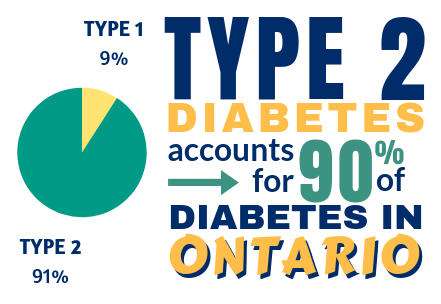|
Foot Health & Diabetes
November is Diabetes Month Diabetes and its complications, including heart issues, organ failure and amputations, cost the health system billions of dollars per year. However, with proper care, prevention and early diagnosis, it is possible to lower the numbers; all we need is to pay more attention to our lifestyle, our health issues and to small changes in our bodies. Your feet can tell signs of health problems such as diabetes. Check your feet daily for cuts, blisters, swollen, redness, etc. and visit a Doctor of Podiatric Medicine for assessment, treatment and prevention. | What is Diabetes? Diabetes is a chronic disease in which the body has the inability to produce insulin or to properly use the insulin it produces. Insulin is a hormone that controls the amount of sugar (glucose) in our bodies. This chronic disease leads to serious complications in different organs, blood vessels and nerves. DIABETIC FOOT CARE | TIPS
High levels of glucose can damage the blood vessels making it harder for blood to flow through the body, causing high risk to develop Peripheral Vascular Disease (PVD). The low blood flow causes damage in the tissues leading to possible amputations. People with diabetes & PVD are in an higher risk of non-healing ulcers and lower-limb amputations.
Source: Wounds Canada
Diabetic foot ulcers are open wounds that occur as complications related to Diabetes; they are most commonly located on the bottom of the foot. According to Diabetes Canada, it is estimated that 15 per cent or 345,000 of Canadians living with diabetes will develop a diabetic foot ulcer in their lifetime; In Ontario, there is one amputation every four hours as a result of a diabetic foot ulcer. Unfortunately, all people living with diabetes can develop foot ulcers; however, good foot care can help prevent them. If foot ulcers are developed, proper treatment can prevent future complications and amputations. Visit a Podiatrist, your foot health expert. Source: Diabetes Canada
According to Diabetes Canada, in Canada, five million people have diabetes and six million are pre-diabetic, which means that they are at a high risk to develop this disease. In the past years, the numbers have grown to the point that every 3 minutes a Canadian is diagnosed with this chronic disease. Source: Diabetes Canada
Source: 2016 Report on Diabetes in Ontario
Type 1 Diabetes: It is generally developed in childhood or adolescence. It occurs when the pancreas produces little or no insulin. It can be treated with insulin and controlled diet. Type 1 diabetes accounts for 10% of the Ontario population. Type 2 Diabetes: Mostly developed in adulthood, Type 2 Diabetes accounts for approx. 90% of people with diabetes in Ontario. It happens when your body does not produce enough insulin to maintain normal sugar (glucose) levels, or when your body resists the effects of it. Gestational Diabetes: This type of diabetes is temporary since it occurs during pregnancy. Between 3% - 20% of pregnant women can develop this type of diabetes. Source: Mayo Clinic , Type 1 & Type 2 | Diabetes Canada |



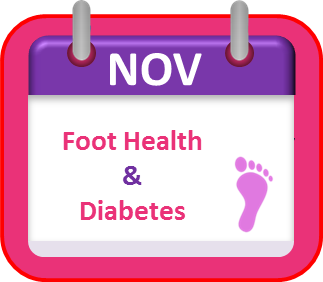


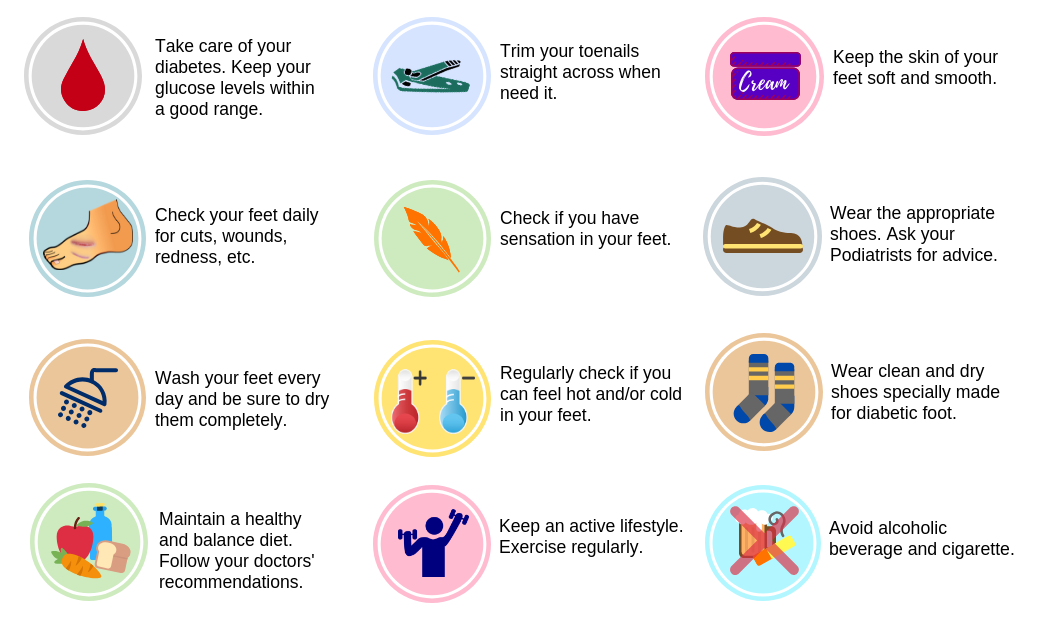
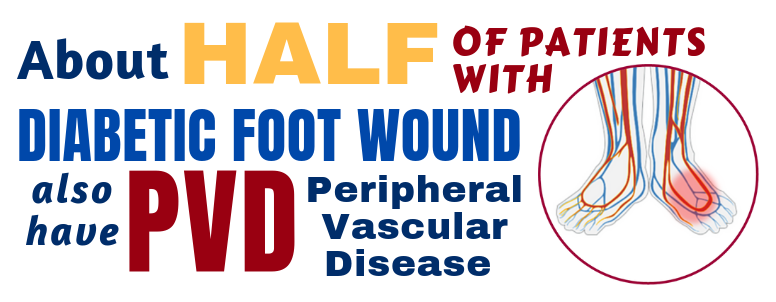
 According to Wounds Canada, about half of patients with a diabetic foot wound also have peripheral vascular disease. Those with diabetes and PVD are 20 times more likely to undergo limb amputations and to have a lower survival rate post amputation.
According to Wounds Canada, about half of patients with a diabetic foot wound also have peripheral vascular disease. Those with diabetes and PVD are 20 times more likely to undergo limb amputations and to have a lower survival rate post amputation.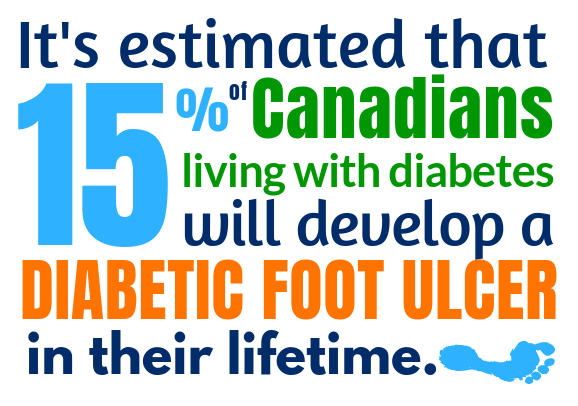
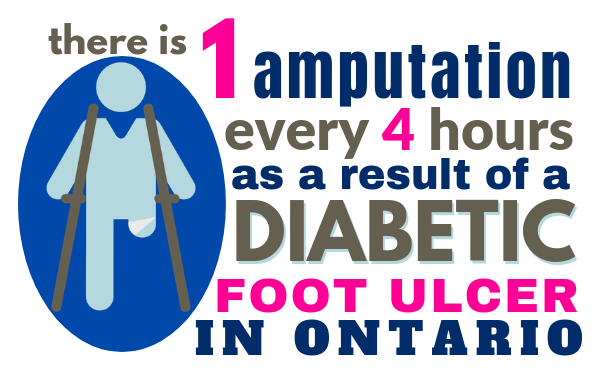

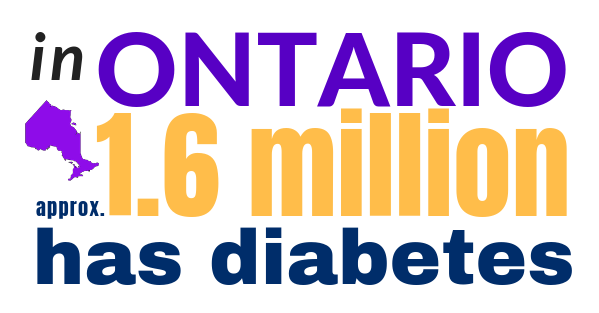 In Ontario, more than 1.6 million people live with diabetes and another 2.3 million are prediabetic. The Canadian Diabetes Association estimates that over the next decade, the province of Ontario will face a large increase in those numbers due to prevalent risk factors such as inactivity, unhealthy diet, heritage and consumption of alcohol and tobacco.
In Ontario, more than 1.6 million people live with diabetes and another 2.3 million are prediabetic. The Canadian Diabetes Association estimates that over the next decade, the province of Ontario will face a large increase in those numbers due to prevalent risk factors such as inactivity, unhealthy diet, heritage and consumption of alcohol and tobacco.